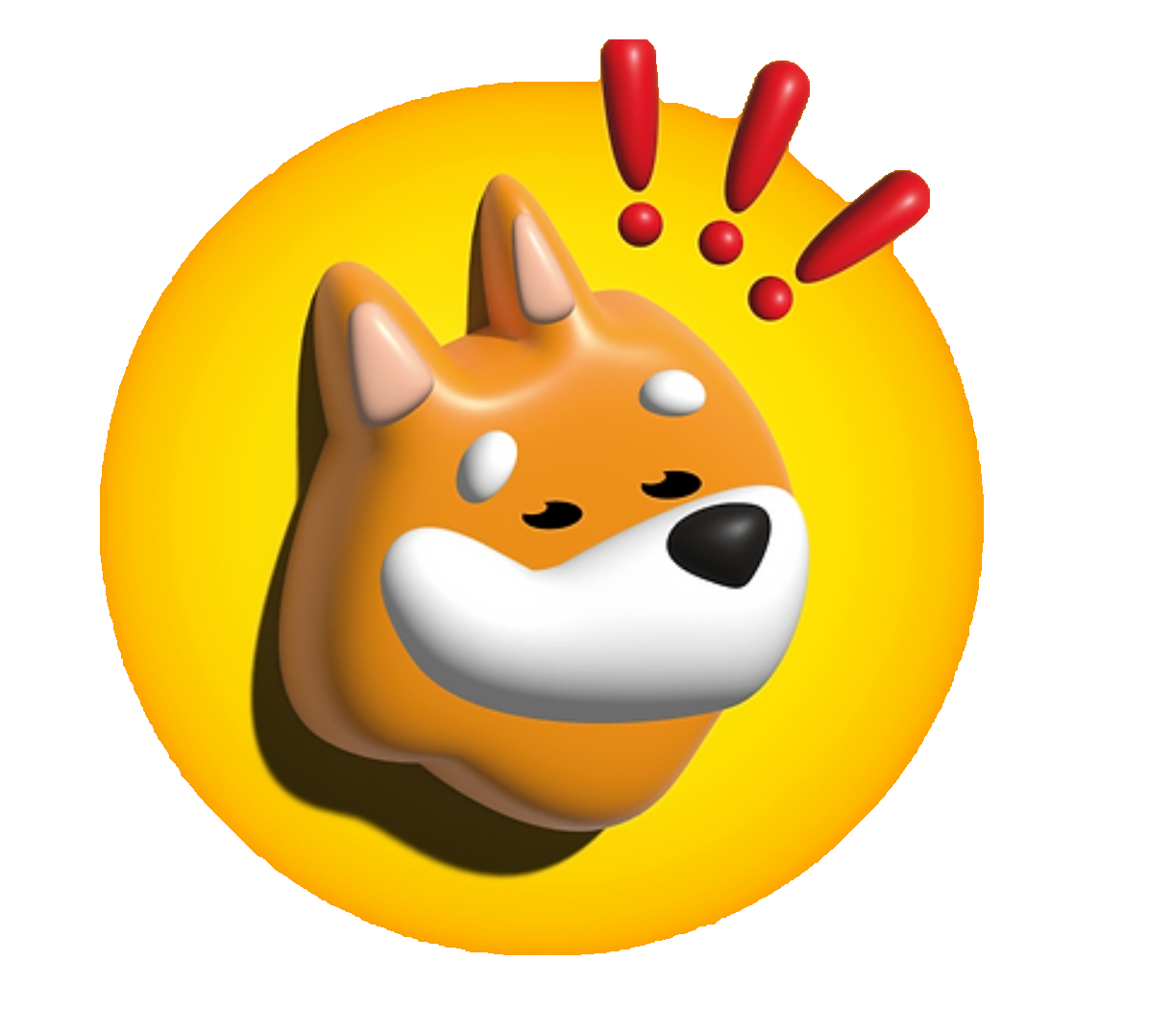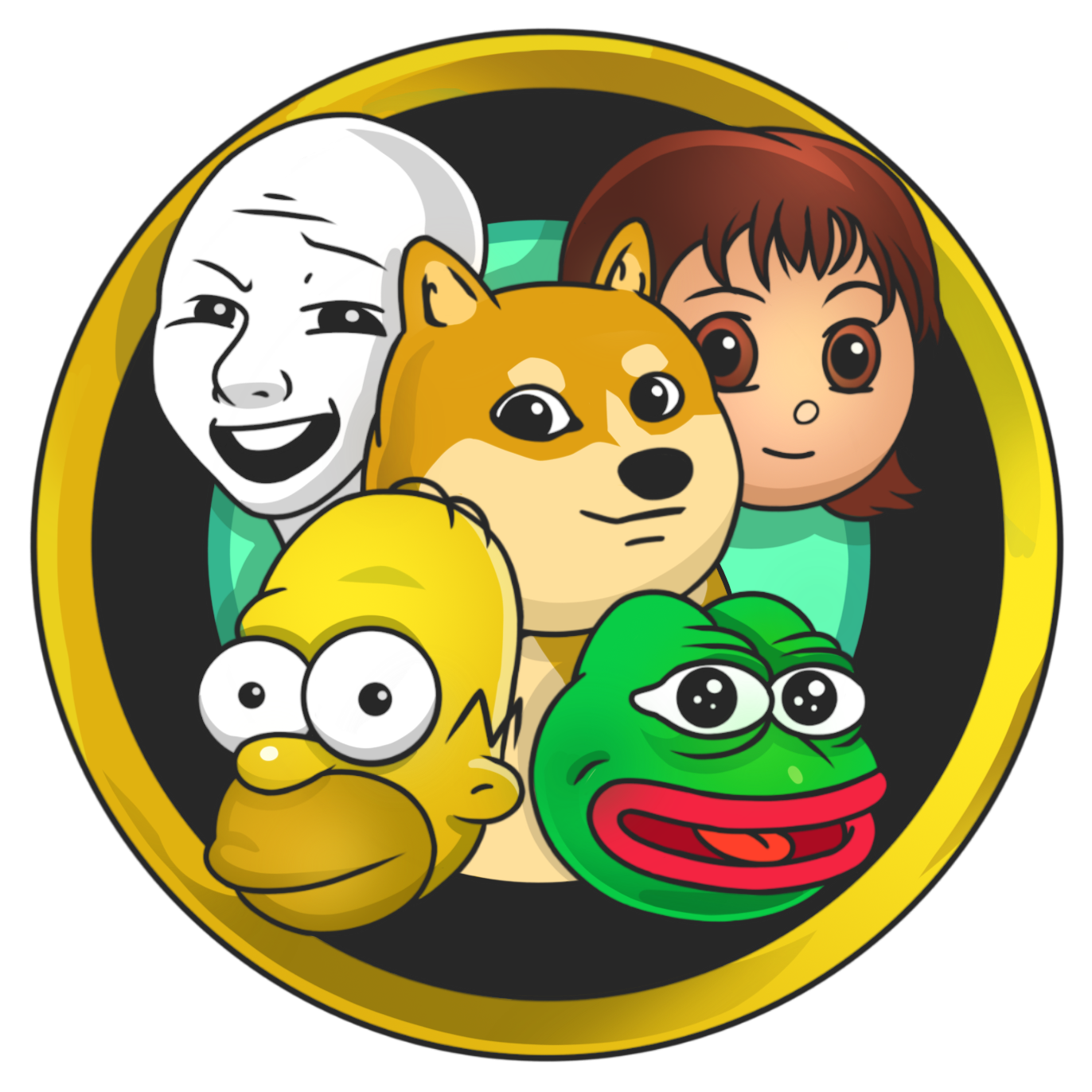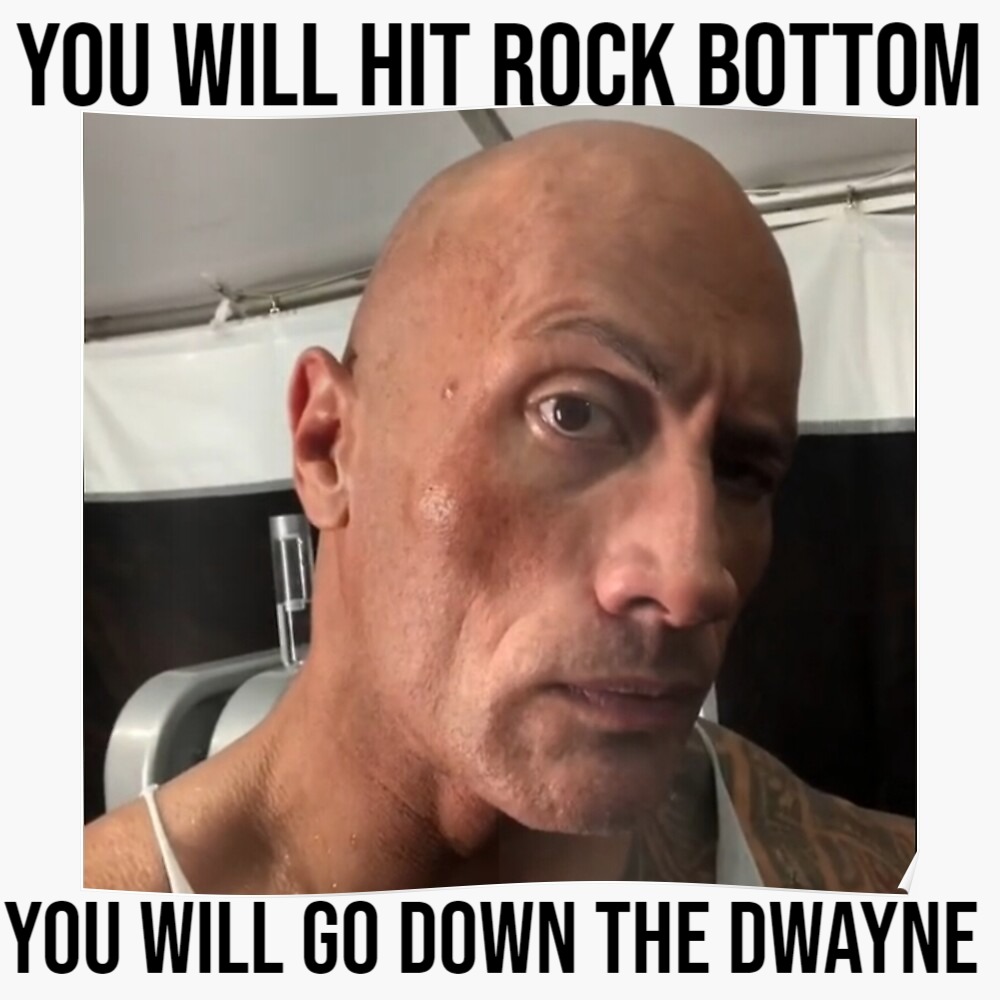Have you ever scrolled through your feed and stumbled upon a meme that made you laugh so hard, you forgot what you were doing? Yeah, me too. Memes have taken over the internet, and they’re here to stay. But have you ever wondered, "what is that meme" really all about? Let’s break it down together, shall we?
Memes are more than just funny pictures or videos with witty captions. They’re a cultural phenomenon that reflects society’s humor, struggles, and shared experiences. Think of them as the digital equivalent of inside jokes between friends, except now those friends are millions of people worldwide.
In this article, we’ll explore the origins of memes, their evolution, and why they’ve become such a massive part of our online lives. So grab your favorite drink, sit back, and let’s dive into the world of "what is that meme" together!
Read also:Mark Acheson The Man Who Shaped The Future Of Tech And Business
Here’s a quick table of contents to guide you through this epic journey:
- The History of Memes
- Types of Memes You Should Know
- The Impact of Memes on Society
- How to Create a Viral Meme
- Current Meme Trends
- Best Platforms for Memes
- Memes in Business
- The Psychology Behind Memes
- The Future of Memes
- Wrapping It All Up
The History of Memes: Where It All Began
Believe it or not, memes didn’t start with the internet. The term "meme" was first coined by Richard Dawkins in his 1976 book, "The Selfish Gene." Back then, a meme referred to any idea, behavior, or cultural element that spreads from person to person. But fast forward to the 21st century, and memes have become synonymous with viral images, videos, and GIFs.
The internet age gave memes a whole new meaning. The first viral meme, "Dancing Baby," appeared in the late '90s and became an instant hit. Since then, we’ve seen countless memes come and go, each leaving its mark on the internet. From "Lolcats" to "Doge," memes have evolved into a form of digital storytelling.
Why Memes Matter
Memes are more than just entertainment. They’re a reflection of our culture, politics, and societal norms. They can start conversations, challenge beliefs, and even spark movements. For example, the "Ice Bucket Challenge" meme not only went viral but also raised millions for ALS research.
Types of Memes You Should Know
Not all memes are created equal. Here are some of the most popular types of memes you should know:
- Image Macros: These are the classic memes with text overlaid on images. Think "Grumpy Cat" or "Success Kid."
- Reaction GIFs: Short animated clips that capture emotions or reactions. Ever used a "Spongebob Squarepants" GIF to express confusion? You’ve used a reaction GIF.
- Video Memes: Short videos that go viral. Remember "Harlem Shake"? Yeah, that was a video meme.
- Text-Based Memes: These are memes that rely solely on clever wordplay. Think "Yo Momma" jokes or "That Would Be Great" memes.
Which Type is Your Favorite?
Everyone has their go-to meme type. Whether you’re into the classic image macros or prefer the humor of text-based memes, there’s something for everyone. But don’t worry if you can’t decide—most memes these days combine elements from multiple types to create something truly unique.
Read also:Unleash Your Kids Imagination At Kohl Childrens Museum
The Impact of Memes on Society
Memes have a way of sneaking into our lives without us even realizing it. They influence the way we communicate, think, and even vote. For example, political memes have become a powerful tool for spreading messages and mobilizing supporters.
But it’s not all sunshine and rainbows. Memes can also perpetuate stereotypes, spread misinformation, and even incite hate. That’s why it’s important to approach memes with a critical eye and consider the context behind them.
Positive vs. Negative Effects
Like any form of media, memes have both positive and negative effects. On the positive side, they bring people together, create communities, and provide a much-needed escape from reality. On the flip side, they can reinforce harmful narratives and contribute to online toxicity.
How to Create a Viral Meme
Creating a viral meme might seem like pure luck, but there’s actually a science behind it. Here are a few tips to help you create a meme that resonates with your audience:
- Know Your Audience: Understand what makes your audience tick and tailor your meme accordingly.
- Be Timely: Memes that tap into current events or trending topics tend to perform better.
- Keep It Simple: The best memes are those that can be understood at a glance.
- Add a Twist: Put your own spin on a classic meme to make it stand out.
Tools for Creating Memes
There are plenty of tools available to help you create memes, even if you’re not a graphic designer. Some popular options include Canva, Meme Generator, and Imgflip. These platforms make it easy to create professional-looking memes in minutes.
Current Meme Trends
Meme trends come and go faster than you can say "Doge." Right now, some of the hottest trends include:
- TikTok Memes: Short, snappy videos that capture the essence of a moment.
- Deep Fried Memes: Images or videos that have been distorted to create a surreal, unsettling effect.
- Relatable Memes: Memes that highlight everyday struggles and experiences.
Keep an eye on these trends if you want to stay ahead of the curve. Who knows? Your next meme might just go viral!
Why Trends Matter
Trends matter because they shape the way we consume and create content. By staying on top of the latest trends, you can ensure your memes stay relevant and engaging. Plus, riding a trend wave can give your meme the boost it needs to reach a wider audience.
Best Platforms for Memes
Not all platforms are created equal when it comes to memes. Here are some of the best platforms for sharing and discovering memes:
- Reddit: The ultimate meme hub, where you can find everything from niche humor to mainstream classics.
- Instagram: Perfect for visual memes, especially if you’re targeting a younger audience.
- Twitter: Great for text-based memes and quick humor.
- TikTok: The go-to platform for video memes and short-form content.
Which Platform Works for You?
The platform you choose depends on your audience and the type of meme you’re creating. For example, if you’re targeting Gen Z, TikTok might be your best bet. But if you’re looking to reach a broader audience, Reddit or Instagram could be more effective.
Memes in Business
Believe it or not, memes can be a powerful marketing tool. Brands that use memes effectively can connect with their audience on a more personal level and build brand loyalty. Just look at Wendy’s on Twitter—they’ve mastered the art of meme marketing.
But tread carefully. A poorly executed meme can backfire and damage your brand’s reputation. Always make sure your memes align with your brand values and resonate with your target audience.
Examples of Successful Meme Marketing
Some brands have nailed meme marketing. Take, for example, Old Spice’s "The Man Your Man Could Smell Like" campaign, which turned into a viral meme sensation. Or Dollar Shave Club’s hilarious video, which became a meme in its own right.
The Psychology Behind Memes
Why do memes resonate with us so much? It all comes down to psychology. Memes tap into our need for connection, humor, and shared experiences. They also trigger our reward system, releasing feel-good chemicals like dopamine when we see something funny or relatable.
But memes can also influence our behavior. Studies have shown that memes can affect how we perceive information, make decisions, and even form opinions. That’s why it’s important to be mindful of the memes we consume and share.
How Memes Shape Our Minds
Memes have a way of sticking in our minds long after we’ve seen them. They can shape our perceptions, reinforce beliefs, and even influence our actions. By understanding the psychology behind memes, we can become more conscious consumers and creators of meme culture.
The Future of Memes
So, what does the future hold for memes? As technology continues to evolve, so will memes. We’re already seeing the rise of AI-generated memes, augmented reality memes, and even memes in the metaverse.
But one thing’s for sure—memes aren’t going anywhere. They’ll continue to be a powerful force in shaping our culture, influencing our behavior, and bringing people together. The only question is: What will the next big meme trend be?
Predictions for the Future
Experts predict that memes will become even more interactive and immersive in the future. We might see memes that respond to user input, adapt to different languages, or even tell stories over time. The possibilities are endless!
Wrapping It All Up
So there you have it, folks—a deep dive into the world of memes and why they matter. Whether you’re a seasoned meme connoisseur or just starting to explore the meme universe, there’s no denying their impact on our lives.
Remember, memes are more than just funny pictures or videos—they’re a reflection of our culture, humor, and shared experiences. So next time you come across a meme that makes you laugh, take a moment to appreciate the artistry and creativity behind it.
Now it’s your turn! Share your favorite meme in the comments below or let us know what you think about the future of memes. And don’t forget to check out our other articles for more insights into the world of internet culture. Until next time, stay meme-tastic!


